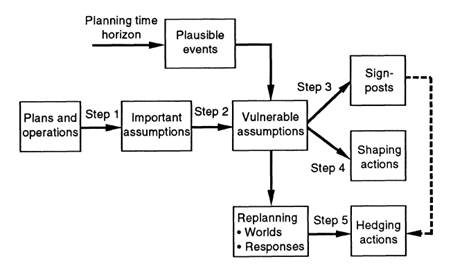Drs. Scott Cunningham and Claudia Werker, associate professors in the Faculty of Technology, Policy and Management have been awarded a European Commission grant regarding EU policy of big data.
The professors from TU Delft will work in conjunction with the Free University of Brussels and Siemens AG in a public-private partnership called the BYTE project. BYTE will give decision-makers the right tools to better manage information-related technology from a European perspective.
By creating concrete steps which EU policy-makers can follow, the BYTE program can help Europe take a share of the global information-related technology market. Participating in the world economy by harnessing the tools of big data is key to maintaining Europe as a key player in the global marketplace.
Economic benefits aside, the greatest outcome of the program would be improved governance. TU Delft’s Cunningham and Werker will focus on directing policy that is founded on data forecasts. For example, if it were possible to reliably predict traffic patterns within 10 to 20 years, then this Delft-based American and German pair would recommend that EU decision-makers consider that data while framing its transportation policy.
TU Delft will lead the project for the three-year duration of the award, which was sponsored by the Director General of Communication Networks, Content & Technology. The project funds were made available through the EU’s 7th Framework Programme, which supports European research and innovation.
“There’s a feeling that too much about big data is being determined elsewhere in the world. And more of it needs to be here in Europe benefitting European citizens that prescribe to European norms and values,” Cunningham said.
The most public debate surrounding big data centers on consumer data safety. “Multinational corporations can take European data and go elsewhere unless there is the right set of rules and prescriptions in place,” said Cunningham. Under the United States’ Patriot Act, for example, a US-based company that does business with the Netherlands is legally required to surrender its Dutch clients’ data to the US, if it is requested of them.
Through the BYTE project, the EU wants to remain competitive within the information-related technology market while balancing European priorities that big data might impact. “Will privacy be respected? We don’t want to prohibit productive commerce,” Cunningham says. So balancing EU priorities and the interests of prospective multi-nationals is a priority that may require some give-and-take.



Comments are closed.